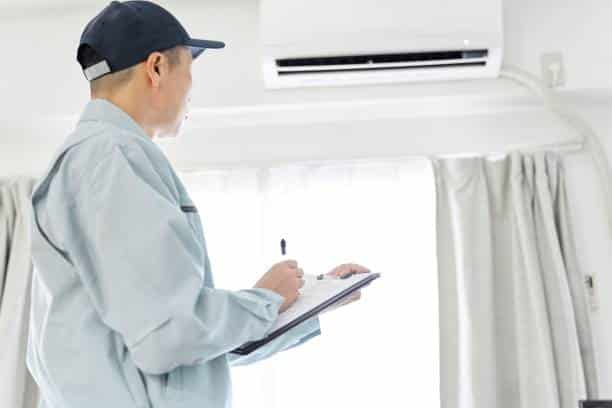If you live in Dallas, you know how important your HVAC system is. With scorching hot summers and chilly winters, having a reliable heating and cooling system isn’t just about comfort, it’s a necessity. At Elite Clean & Restoration, we understand how crucial it is to have a dependable system that keeps your home comfortable year-round. But like any home system, HVAC units don’t last forever. Eventually, replacement becomes the best option. In this guide, we’ll cover everything you need to know about HVAC replacement in Dallas, from signs it’s time for a new system to costs, benefits, and how to choose the right contractor.
Replacing your HVAC system is more than just swapping out old equipment. It’s an opportunity to upgrade to a more energy-efficient, reliable, and technologically advanced system that can improve your home’s air quality, reduce utility bills, and provide consistent comfort throughout the year. Understanding the replacement process, from evaluating your current system to selecting the right unit and working with a trusted contractor like Elite Clean & Restoration, can help you make an informed decision and avoid costly mistakes.
How to Know When It’s Time to Replace Your HVAC System

Not sure whether you need a replacement or just a repair? Here are the biggest indicators:
- Age of the system: Most HVAC systems last 10 to 15 years with proper maintenance. If yours is older, replacement may save you more money in the long run.
- Frequent breakdowns: Constant repairs add up quickly. If your system seems to fail every season, it may be time for a new unit.
- High energy bills: Older units lose efficiency. If your bills are skyrocketing, a modern energy-efficient system could pay for itself over time.
- Uneven heating or cooling: Hot and cold spots in your home often point to a failing HVAC system.
- Strange noises or odors: Rattling, grinding, or burning smells can be signs of major issues.
How Much Does HVAC Replacement Cost in Dallas?
The cost of HVAC replacement in Dallas depends on the size of your home, the type of system, and installation complexity. On average:
- Standard split HVAC system: $5,000 to $9,000
- High-efficiency systems: $8,000 to $12,000
- Ductwork replacement (if needed): $2,000 to $5,000
- Mini-split systems: $3,000 to $7,000 per zone
While the upfront cost may seem high, Dallas homeowners can often qualify for energy rebates, tax credits, and financing options that make replacement more affordable.
Choosing the Right HVAC System for Dallas Homes
When replacing your system, you’ll need to consider:
- System size – A system that’s too small will not keep up with Dallas heat, while one that’s too large will waste energy. A professional contractor can perform a load calculation to find the right size.
- Energy efficiency – Look for units with a high SEER2 (Seasonal Energy Efficiency Ratio) rating to reduce monthly bills. Texas often requires a minimum SEER rating for new installs.
- Type of system – Options include traditional central AC, heat pumps, and ductless mini-splits. Heat pumps are popular in Dallas because they handle both cooling and mild winter heating efficiently.
- Smart thermostats – Many modern systems integrate with smart home technology, giving you more control over comfort and costs.
Benefits of HVAC Replacement
Replacing your HVAC system comes with long-term advantages:
- Lower energy bills – Newer systems are significantly more efficient.
- Better indoor comfort – Consistent temperatures and improved airflow throughout your home.
- Improved air quality – Modern systems filter out dust, allergens, and humidity better.
- Increased home value – A new HVAC system is a big selling point for Dallas homebuyers.
- Peace of mind – No more worrying about unexpected breakdowns during a Texas heatwave.
Choosing the Right HVAC Contractor in Dallas
The quality of installation is just as important as the system itself. When searching for an HVAC contractor in Dallas, make sure they:
- Are licensed and insured in Texas.
- Have strong local reviews and references.
- Provide transparent estimates with no hidden fees.
- Offer warranties on both equipment and installation.
- Are familiar with Dallas energy rebate programs.
Conclusion
HVAC replacement in Dallas is a major investment, but one that pays off in comfort, energy savings, and improved indoor air quality. If your system is old, inefficient, or constantly breaking down, upgrading to a modern, energy-efficient HVAC unit is the smartest choice. By working with a trusted local contractor like Elite Clean & Restoration, you can ensure professional installation, reliable service, and peace of mind knowing your home will stay comfortable year-round. Don’t wait for a breakdown—take the step toward a more efficient and dependable HVAC system today.










 972-475-4949
972-475-4949 


